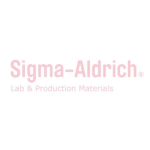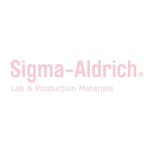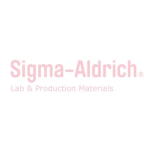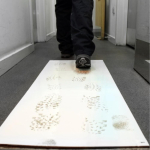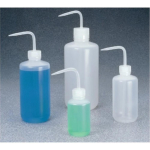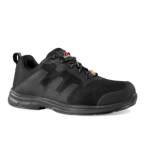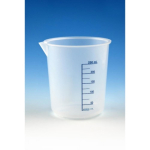Application
VEGF Proliferation Assay
1. Prior to use in this assay, maintain HUVE cells in F-12K medium supplemented with 10% (v/v) FBS, 1% penicillin-streptomycin-glutamine, 0.1 mg/ml heparin and 0.05 mg/ml endothelial cell growth supplement (ECGS).
2. For assay of VEGF, subculture HUVE cells into a 96-well plate at a density of 4,000 cells per well in the growth medium over night.
3. Add VEGF to a final concentration range of 0.2, 0.4, 0.8, 1.6, 3.2, 6.2, 12.5, 25 and 50ng/ml. Add VEGF diluent to one set of wells as the negative control.
4. Four days later, add 20ul of Promega Substrate Cell Titer 96 Aqueous One Solution Reagent to each well.
5. Incubate at 37?C for 2 hrs and read at OD 490nm.
Disclaimer
Unless otherwise stated in our catalog or other company documentation accompanying the product(s), our products are intended for research use only and are not to be used for any other purpose, which includes but is not limited to, unauthorized commercial uses, in vitro diagnostic uses, ex vivo or in vivo therapeutic uses or any type of consumption or application to humans or animals.
General description
Product Source: Recombinant human DNA expressed in baculovirus infected Sf9 cells
Legal Information
UPSTATE is a registered trademark of Merck KGaA, Darmstadt, Germany
Physical form
10 µg VEGF protein was lyophilized from buffer containing 25mM HEPES and 150mM NaCl, pH 7.0. Carrier free.
Sterilized through a 0.2 micron membrane filter
10 µg of VEGF lyophilized protein from buffer containing 25mM HEPES and 150mM NaCl, pH 7.0. Carrier free.
Quality
Routinely evaluated in a 5-day growth assay using human umbilical vein endothelial cells
Cell Proliferation Assay: The biological activity of this lot of VEGF was determined by its mitogenic activity on human umbilical vein endothelial cells (HUVEC) with an ED50 of about 1.0 ng/mL. Results may vary depending on the cell line used. VEGF will also stimulate endothelial cells from other species.
Storage and Stability
The lyophilized powder is stable for a few weeks at room temperature, but best stored at -20°C for up to one year from date of receipt. After a quick spin, reconstitute with sterile water or 25mM HEPES and 150mM NaCl, pH 7.0. Reconstituted material can be stored at 2°-8°C for one week, but undiluted aliquots at -20°C are recommended. Avoid repeated freeze/thaw cycles.
This product is acid stable. Dilute in either 0.1% TFA or 4mM HCl, containing 25ug BSA per ug VEGF to maintain stability. Reducing reagents (such as dithiothrietol or 2-mercaptoethanol) inhibit VEGF activity.



